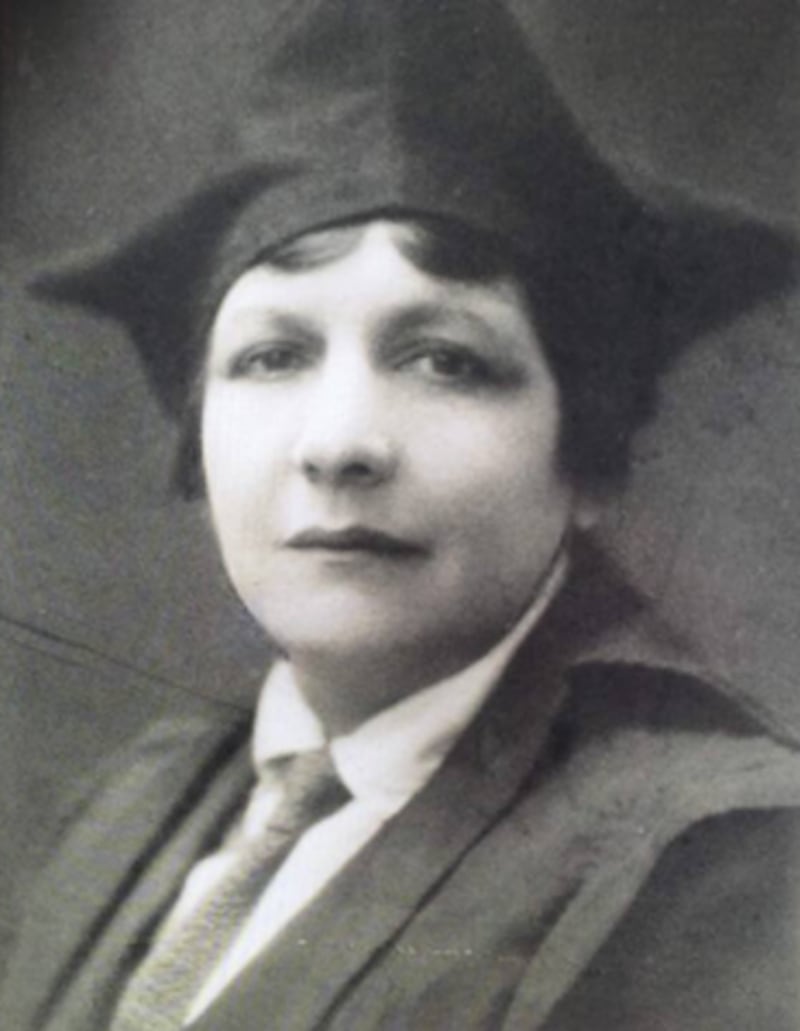The University of Oxford will grant Mākereti Papakura (Tūhourangi, Ngāti Wāhiao) a posthumous degree almost a century after she started her education.
“We knew that it was going to happen because we had been actively pursuing our grandmothers, our kuia’s studies over the years,” June Northcroft Grant, Mākereti Papakura’s granddaughter, said.
“So we’ve known about this the whole time, but we didn’t take it for granted that Oxford University would give her her degree. We just hoped that they did, and they did,” she said.
“There is something about the quote about the greatness of who she was. She wasn’t whakahīhī, but she knew she had a story to tell, and it was a really powerful story, and here we are 100 years later still telling her story.”
Born in Aotearoa in 1873, Mākereti is believed to be the first indigenous woman to enrol at the University of Oxford.
She grew up in Whakarewarewa Village in Rotorua, trained as a guide under Guide Sophia Herangi before heading to England, where she enrolled at Oxford in 1922.

“We are delighted that the extraordinary achievements of Mākereti, the first indigenous woman to study at Oxford, have been recognised by the University of Oxford with the award of a posthumous MPhil degree,” Professor Clare Harris, Head of the School of Anthropology and Museum Ethnography, said.
“Mākereti is an inspiring figure, not only to many in Aotearoa New Zealand but to students and scholars around the world,” she said.
He tohu murimate
Tragically, Mākereti died in 1930, just weeks before she was due to present her thesis. With the agreement of her family, Mākereti’s good friend, Rhodes Scholar, and fellow Oxford anthropologist, T.K. Penniman, posthumously published her work in a book titled The Old-Time Māori.
In her groundbreaking research for her studies at Oxford, she explored the customs of her people of Te Arawa from a female perspective.
“Like many others of her time, Mākereti’s mahi here at home and around the world has long been an inspiration to our people,” Kirikowhai Mikaere, chair of the Tūhourangi Tribal Authority, said.
“No matter where she went or what she did, Mākereti was always conscious of her whakapapa and responsibilities to Tūhourangi, immortalising our culture and traditions – from a wāhine perspective – through her research,” she said.
“Even nearly 100 years on from her sudden passing, Mākereti continues to remind us of the strength and determination of our people, and the contributions we make in the world, every day.”
The degree will be awarded at a ceremony presided over by the University’s Vice-Chancellor later this year in Oxford’s Sheldonian theatre.
Members of Mākereti’s whānau and representatives of her iwi and the Māori community are expected to attend.

